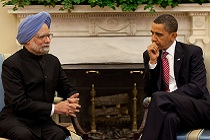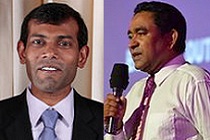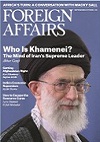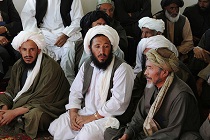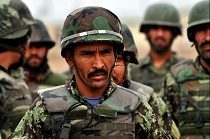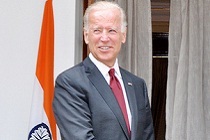The Maldives: Awaiting another election
The September 28 run-off presidential election in the Maldives was postponed indefinitely by the country’s Supreme Court after allegations of ballot-rigging. However, national and international observers have said the elections were fair. Settling the political crisis in the Maldives may now require more than an election


